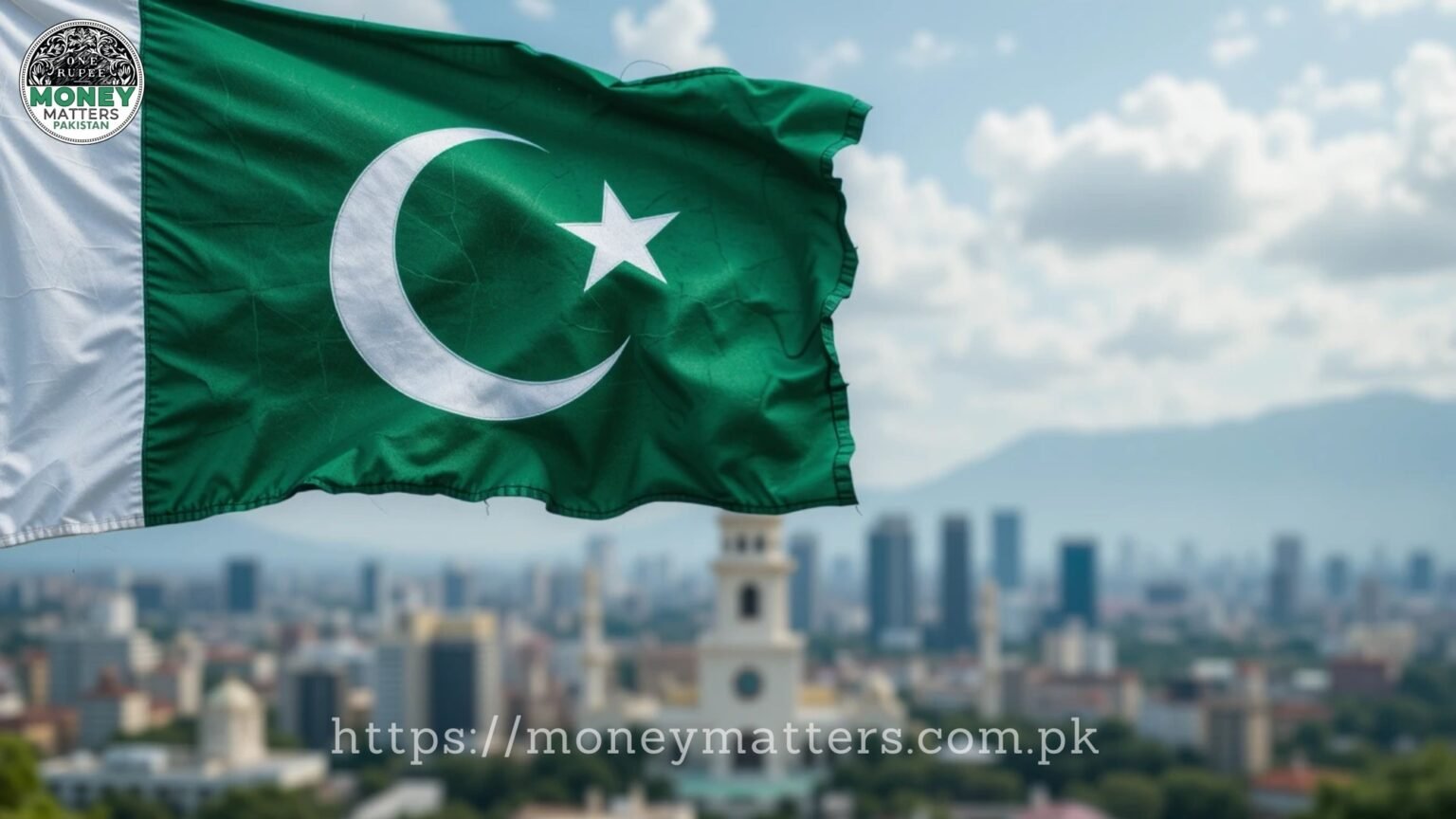Strategic Repositioning and Regional Cooperation Suggested to Mitigate Impact
Key Takeaways:
i) The IMF highlights Pakistan’s potential vulnerability to the global tariff war due to its trade exposure to the US.
ii) Strategic repositioning through new trade partnerships is suggested as a way for Pakistan to lessen the impact.
iii) The IMF acknowledges Pakistan’s recent macroeconomic stabilization, including improvements in growth and inflation.
Islamabad, Pakistan – The International Monetary Fund (IMF) has issued a warning regarding the potential for increased negative impacts of global trade tensions on Pakistan’s economy.
During a recent press briefing on the Regional Economic Outlook for the Middle East and Central Asia, IMF Director Jihad Azour stated that Pakistan’s existing trade relationship with the United States could make it particularly susceptible to the ongoing global tariff war. Compared to other nations in the region, Pakistan faces a unique set of challenges stemming from these global trade dynamics.
However, Azour suggested that Pakistan could take proactive steps to mitigate some of these negative effects. He emphasized the importance of seeking out and establishing new trade partnerships. Furthermore, he highlighted the potential benefits of enhanced economic cooperation within the region, suggesting that stronger ties with neighboring countries could offer a buffer against global instability.
Azour also acknowledged the positive strides Pakistan has made in stabilizing its macroeconomy over the past eighteen months. He noted improvements in key economic indicators, including growth and inflation. This progress has also been recognized by international rating agencies, which have recently upgraded Pakistan’s economic outlook.




